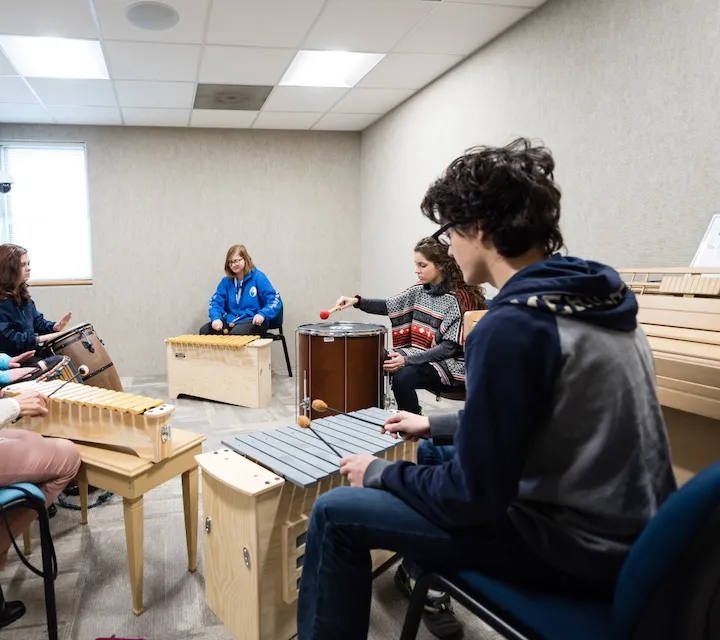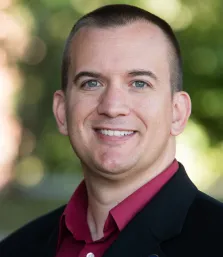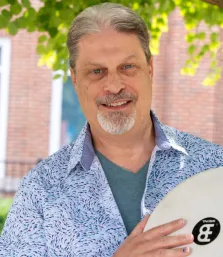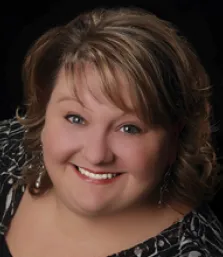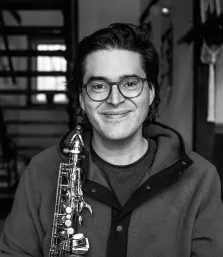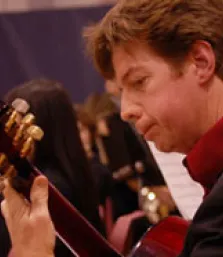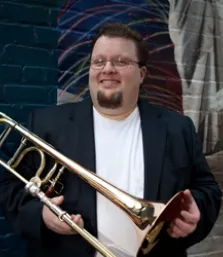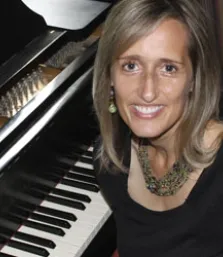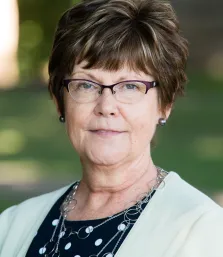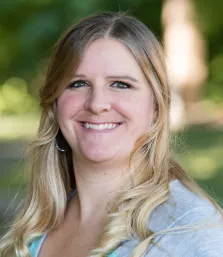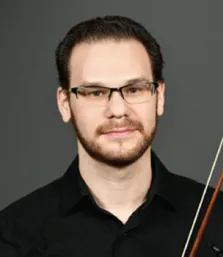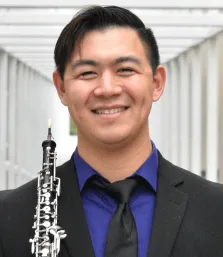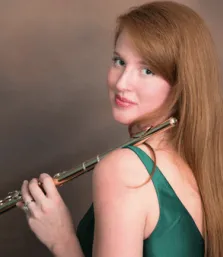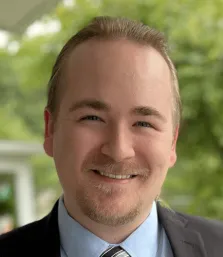After careful review, the College has decided to phase out the Music Therapy major over the next few years. No new students will be admitted into this program. The College will continue to offer a Bachelor of Arts in Music.
Becoming a Music Therapist
Marietta College’s Music Therapy major takes your love of learning and builds it into a fulfilling career in holistic therapy and healing.
The Music Therapy Major at Marietta College can transform your love for music into a lifelong calling and provide you with the opportunity to pursue a career in helping others. This bachelor’s program develops musicians into dedicated therapists, pairing each student’s love of music with their desire to give back and empower others.
This program is divided into four years of academic study at the Marietta Campus in Ohio and a half year of internship. Graduates are eligible to take the national examination of the Certification Board for Music Therapists to qualify for professional work in the field upon completion of all the requirements.
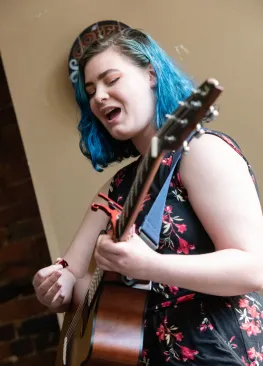
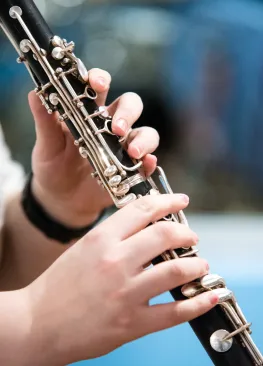
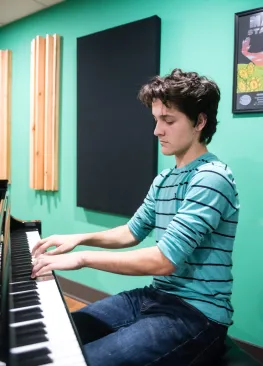
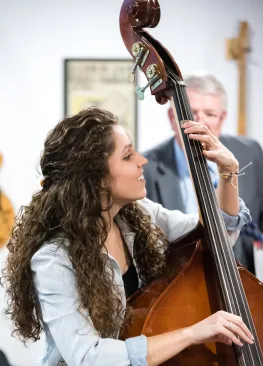
What You'll Learn as a Music Therapy Major
At its core, the Bachelor of Music in Music Therapy degree focuses on developing competent music therapists. Students will receive high-quality academic and clinical training experiences designed to prepare them for professional practice within institutions or in their own private practice.
In Demand Job
Music therapists are in high demand and usually work in general hospitals, schools, prisons, psychiatric facilities, rehabilitation centers, geriatric facilities, hospice programs, training institutes, private practices, schools, and universities, as well as in social-community settings.
Make a Difference
Marietta College's Music Therapy Program prepares students to make a difference in the lives of their clients by providing an in-depth core curriculum, numerous experiential learning opportunities, and a top-notch space to hone their talentsvarious.
More Info
Marietta's program is accredited by the American Music Therapy Association (AMTA).
- Honor Societies and Student Organizations
Music-related majors and non-majors who excel in various areas are inducted to Mu Psi Kappa, a national music honorary. Candidates are evaluated by full-time Music faculty on a set of 10 criteria, including grade point average, scholarship, dependability, ability to take guidance and corrections well, being a strong member of a music ensemble, setting a proper example for fellow students, leadership skills, good decision-making skills, going beyond the expected, and acceptable musical growth in both ensembles and applied lessons.
- Instrumental Ensembles
- Symphonic Band
- Wind Ensemble
- Jazz Combo
- Jazz Ensemble
- Chamber Ensembles
- New Music Ensemble
- Pep Band
- Vocal Ensembles
- Concert Choir (mixed)
- Women’s Choir
- Men’s Choir
- Oratorio Chorus
- Floodstage (Contemporary A Cappella)
- Opera Scenes
- What is Music Therapy?
Music therapy is an evidence-based profession in which board-certified therapists use music and the therapeutic relationship that develops through shared musical experiences, to address goals in the physical, cognitive, social, emotional, communication, and spiritual domains.
Music therapists are musicians, using vocal and instrumental skills to connect with their clients through singing, playing, and moving to music. Music experiences include listening, composing, recreating, and improvising music in collaboration with clients. Music therapists are also clinicians, basing their treatment practice on individual assessment, therapeutic intention, attainable goals, progress evaluation, and documented results. Music therapy is the integration of art, science, and humanity in action to help clients heal and grow.
- What is the difference between Music Therapy and Music Education?
Music educators teach people about music and how to perform it. A music education degree prepares people to teach choral and instrumental music to children and young adults, from pre-school through high school.
Music therapists use collaborative music and the therapeutic relationship to address health, life, and education goals. Music therapy students prepare to work with people of all ages, from premature infants to elders in residential care.
- What is an internship in Music Therapy?
To become board certified in music therapy, students must first complete all coursework requirements for a bachelor's degree program (or its equivalent) at a school approved by the American Music Therapy Association (AMTA). Coursework is followed by a 6-9 month full-time internship. Internships are at clinical or educational sites approved by AMTA and are located nationwide.
The music therapy faculty work with students to identify and apply to their preferred internship based on their clinical interests. During the internship period, Marietta students are classified as full-time students and advised by the faculty and their internship director, though there is no tuition obligation during this time even though it counts toward six credit hours. Following completion of their internship, music therapist must pass a national board certification exam, the CBMT in order to receive their credentials for professional practice.
- Where do music therapists work?
Music therapists work in many settings as they help a variety people with life, health, and educational goals. Settings where music therapists work include: NICU (neonatal intensive care units), pediatric and adult hospitals/clinics, pre-school and school settings, alternative school settings, juvenile justice facilities, addictions programs, adolescent and adult mental health facilities, adult day centers, assisted living and nursing homes, as well as hospice facilities. In addition to these types of facilities, many music therapists establish their own private clinical practices focusing on varied clinical needs in their communities.
